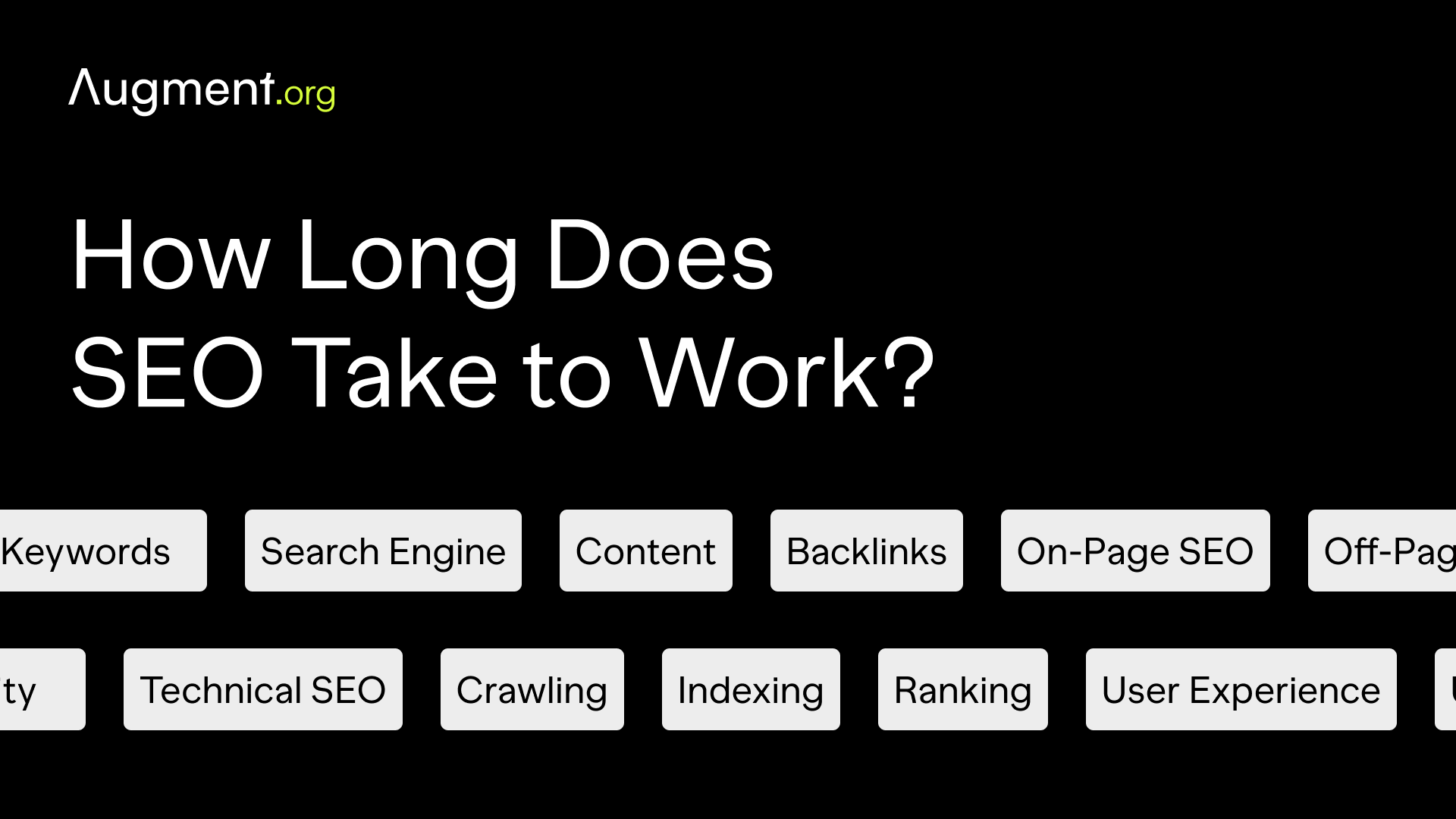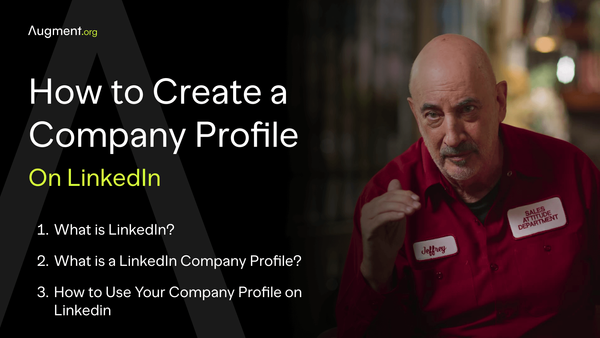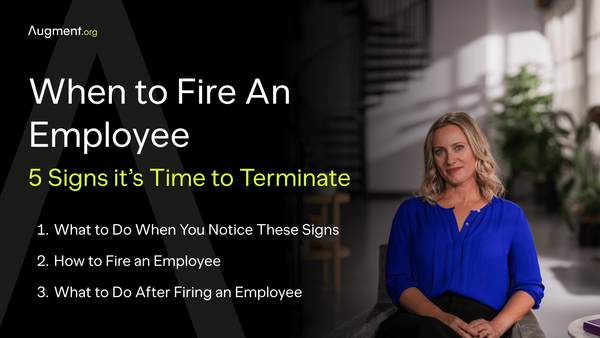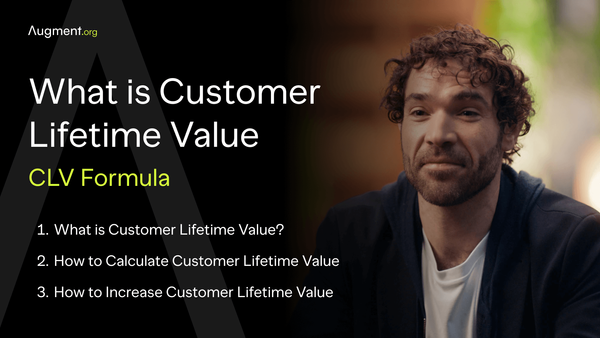How Long Does SEO Take to Work?
Understanding the timeline for SEO success is crucial for setting realistic expectations and planning effective digital marketing strategies. Learn the intricacies of search engine optimization, from technical SEO to content creation, and discover how long it takes to reach SEO success.

What is SEO?
Search Engine Optimization, commonly known as SEO, is the practice of increasing both the quality and quantity of website traffic, as well as exposure to your brand, through non-paid (also known as "organic") search engine results. It's about understanding what people are searching for online, the answers they are seeking, the words they're using, and the type of content they wish to consume.
Knowing the answers to these questions will allow you to connect with the people who are searching online for the solutions you offer. Here's how it works:
- Relevance: SEO involves making certain that your website's content is useful and relevant to what people are looking for. This can involve creating high-quality content that answers users' questions.
- Visibility: It's about making sure your site is structured and coded in a way that search engines can find, index, and understand its content easily.
- Authority: SEO helps build authority for your site. When other reputable websites link back to yours, search engines take this as a sign that your content is valuable, which can improve your site's visibility in search results.
- Experience: Good SEO involves ensuring that your website provides a good user experience. This includes fast loading times, mobile-friendliness, and easy navigation.
SEO is an essential part of any digital marketing strategy and, when done correctly, it can lead to more organic traffic, better search results, and increased visibility for your brand online. It's a complex and ongoing process that can vary greatly depending on a multitude of factors, including industry competitiveness and algorithm changes by search engines.
What is Technical SEO?
Technical SEO is the backbone of a successful SEO strategy, setting a solid foundation for long-term success. It includes a range of actions designed to improve a website's backend structure and foundation. Here’s what it typically covers:
- Website Audit: Conducting regular website audits helps identify areas for improvement. It ensures that search engines can crawl and index your website without any issues.
- Page Speed: A fast-loading website is crucial. Search engines, like Google, prioritize sites that provide a good user experience, which speed is a big part of.
- Mobile-Friendly Design: With more searches happening on mobile devices, your site must perform well on all screen sizes.
- Structured Data: Implementing structured data helps search engines understand the context of your content, which can improve relevancy in search results.
- Internal Linking: By linking to other pages on your website, you help search engines discover new pages, understand their relationship to each other, and what your site is about.
- URL Structure: Clear and descriptive URLs can impact how search engines interpret the relevance of your content.
Technical SEO may not produce instant results, but without it, your SEO campaign may not reach its full potential. Even with high-quality content and a strong off-page strategy, technical shortcomings can impede your ability to rank well. Investing more effort in technical SEO aspects can significantly enhance your site's ability to rank higher in search results, especially in a highly competitive industry.
How Do You Measure SEO Success?
Measuring the success of SEO strategies is not a one-size-fits-all approach. Effective search engine optimization can be gauged through several key performance indicators. First, an increase in organic traffic is a clear signal that your SEO efforts are moving in the right direction. Watching the rise in your search engine rankings for targeted keywords provides insight into your growing online visibility.
Analyzing the quality of traffic, such as the number of qualified leads that engage with your content, can also indicate how well your SEO aligns with user intent. SEO professionals often turn to SEO tools to track these metrics, ensuring that the SEO campaign is not just about more traffic, but the right kind of traffic that aligns with the company's target audience.
How Long Does SEO Take to Show Results?
It takes approximately 3-6 months for SEO to start showing results, but even then, SEO is a long-term investment. For a more stable and consistent improvement in search engine rankings, it's not uncommon for it to take up to a year. This is because search engines reward thorough, consistent efforts in SEO strategy, such as regular content updates, ongoing technical optimization, and gradual link building. It's this sustained commitment that over time can lead to a significant boost in organic traffic and higher search engine visibility.
The timeline varies greatly depending on multiple factors, such as the age of your website, the competitiveness of your industry, and the current state of your SEO—from the structure of your site to the quality of content you produce. Maintaining team alignment is crucial throughout this process, as SEO is not a one-time task, but an ongoing effort that requires everyone to be on the same page.
For a new website, climbing the search engine rankings can be particularly challenging, as it lacks the authority of more established sites. However, with consistent effort in creating high-quality content and applying technical SEO best practices, such as fixing technical issues and optimizing site structure, improvements can begin to show.
On the other hand, older websites might see quicker changes, especially if their SEO strategy involves refining existing content and enhancing their backlink profile. But even then, SEO is an ongoing process, with continued efforts in areas like link building and content creation key to long-term success.
Why SEO Results Are Not Immediate
SEO results are not immediate for several reasons, each rooted in how search engines like Google determine relevance and authority. Here's why it might take a while before you see the impact of your SEO efforts:
- Crawling and Indexing: When you first implement SEO changes, search engines need to crawl and index your site. This process can be slow, especially for newer websites or those with complex structures.
- Competition: Highly competitive industries mean that many are vying for the top spots using SEO. It takes time to outpace competitors, especially if they're also constantly improving their SEO strategies.
- Content Evaluation: Search engines evaluate content quality, relevance, and usefulness. High-quality content needs to gain traction, which happens over time as more users engage with it.
- Link Building: Acquiring high-quality backlinks naturally is a gradual process. Search engines notice quick spikes in backlinks as potential red flags, preferring slow and steady growth.
- Algorithm Adjustments: Search engines frequently update their algorithms, and each change can affect your site differently. Continuous adjustments and refinements are part of a successful long-term SEO strategy.
- Technical SEO: Fixing technical issues, improving page speed, and ensuring proper site structure can take time to implement correctly and for search engines to recognize these improvements.
- Trust Building: Search engines prioritize trustworthy sites. Establishing this trust is a long-term commitment that doesn't happen overnight.
Understanding these factors helps in setting realistic expectations and highlights the need for ongoing SEO efforts. It's a strategic marathon, not a sprint to the top of search results.
The Importance of Backlinks in SEO
Backlinks, also known as inbound or external links, are crucial to SEO because they act as a vote of confidence from one site to another. If many sites link to the same webpage or website, search engines can infer that content is worth linking to, and therefore also worth surfacing on a SERP (Search Engine Results Page). Here’s why they’re important:
- Authority and Trust: Backlinks from reputable sites increase your site's perceived expertise, authority, and trustworthiness—a key factor in search rankings.
- Relevance: Links from sites within the same industry or niche as yours can tell search engines that your content is relevant to that subject matter.
- Diverse Traffic Sources: Besides the SEO benefits, backlinks can also bring direct traffic from other websites, diversifying your traffic sources.
- Higher Ranking Potential: Generally speaking, the more high-quality backlinks you have, the better your chances of ranking higher for your target keywords.
Creating high-quality content is one of the best ways to earn backlinks naturally. When you provide valuable information, other sites are more likely to reference and link to your content. Additionally, actively engaging in a link-building campaign can involve strategies like guest blogging, social media management, and collaborating with influencers.
While it takes more effort and resources to build a strong backlink profile, the investment can significantly impact your SEO today and in the long term. Remember, SEO takes time, and the same goes for building backlinks—it’s an ongoing process that shows Google and other search engines the continuous endorsement of your site's content.
How to Know if Your SEO Strategy is Working
Knowing whether your SEO strategy is on the right track involves monitoring a few critical indicators:
- Increased Organic Traffic: A rise in the number of visitors coming from search engines is a strong indicator that your SEO efforts are working.
- Rankings for Target Keywords: If you're climbing the ranks for your chosen keywords, especially those with high search volumes and relevance to your business, it's a sign of progress.
- Quality of Traffic: More than just numbers, the increase in traffic quality matters. Are the visitors engaging with your content? Longer visit durations and lower bounce rates can indicate success.
- Conversions: Ultimately, SEO is about more than just traffic—it's about results. An increase in conversions, such as sales, sign-ups, or leads, shows that your SEO is attracting the right audience.
- Link Profile Growth: Earning more backlinks from relevant websites can boost your site's authority and is a positive signal of an effective SEO strategy.
- Improved User Experience Metrics: Better page speed, mobile responsiveness, and an intuitive site structure contribute to user satisfaction, which search engines reward.
If these factors are trending positively, it's a good sign that your SEO plan is working. Remember, SEO takes time, and these metrics should be reviewed over several months to accurately judge performance.
How to Get Faster SEO Results
While SEO typically takes time, there are strategies to potentially accelerate the results:
- Prioritize High-Quality Content: Creating content that is not only relevant but valuable to your audience can encourage more sharing and linking, which search engines favor.
- Focus on Long-Tail Keywords: Targeting specific, less competitive long-tail keywords can help you rank higher, faster.
- Optimize for Search Intent: Align your content with what users are looking for. This increases the chances of your content being featured in search results, driving organic traffic.
- Technical SEO: Ensure your website is technically sound with a clear URL structure, fast page speed, and mobile optimization to facilitate better indexing and user experience.
- Leverage Social Media: While social signals are not a direct ranking factor, they can increase content visibility, which in turn can lead to more backlinks and traffic.
- Local SEO: For businesses serving specific areas, local SEO can provide quicker results through local listings and location-specific content.
- Regular Website Audits: Conducting frequent website audits helps identify and fix technical issues that could hinder SEO performance.
- Quality Link Building: Engage in link building efforts that garner high-quality backlinks from relevant websites, which can boost your authority more quickly.
Remember, while these tactics can help, SEO success still requires consistent effort and cannot be rushed without risking penalties from search engines.
Common SEO Myths Debunked
SEO can often be shrouded in misconceptions. Let's clear up some common myths:
- Myth 1: SEO results happen overnight. SEO is not a one-time task; it's an ongoing process. While some changes can show results in just a few weeks, significant and sustainable SEO results take time, often 3-6 months, or even longer.
- Myth 2: Only the first page of search results matters. While being on the first page is advantageous, SEO is about more than just rankings. It’s about connecting with your target audience, offering them relevant content, and enhancing their user experience.
- Myth 3: SEO is all about incorporating keywords. Gone are the days when stuffing your content with generic keywords could boost your rankings. Now, SEO depends on creating high-quality content that answers the natural language search queries of users.
- Myth 4: More links are better than more content. Link building is important, but it doesn't replace the need for high-quality content. A technical overhaul of your site with more resources dedicated to creating valuable long-form content can be just as beneficial.
- Myth 5: SEO is only about search engines. Effective SEO strategies focus on the overall experience of your visitors, including mobile optimization, fast load times, and easy navigation on landing pages.
Understanding these myths and recognizing the truth about SEO efforts is crucial for anyone embarking on an SEO campaign. SEO experts know that debunking these myths can lead to more informed strategies that are likely to yield better long-term results.



